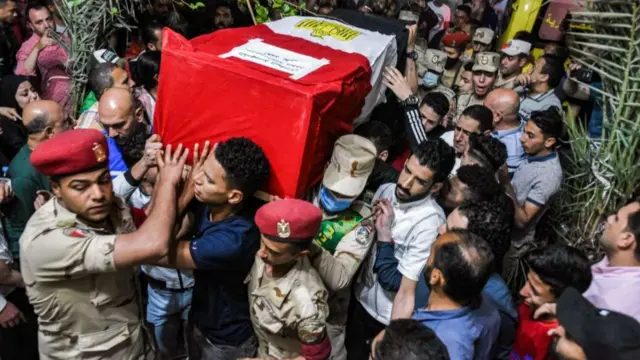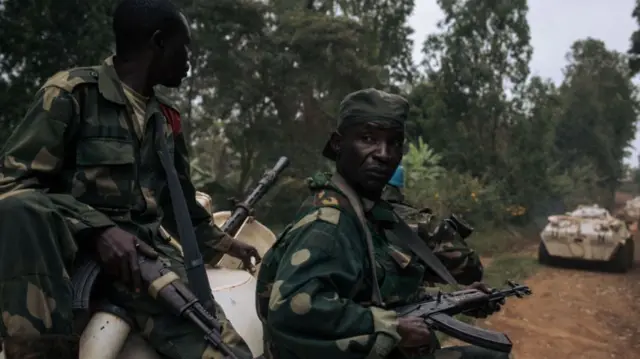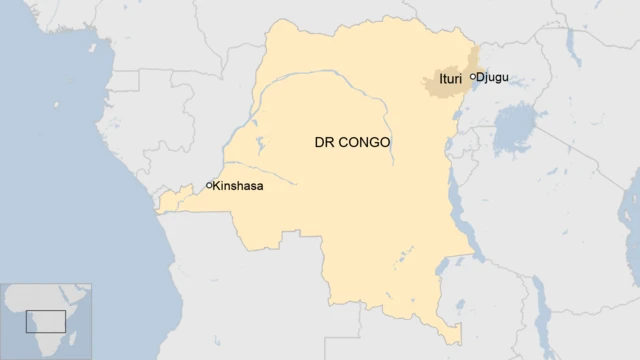AU condemns attack on Egyptian troops in Sinaipublished at 06:18 BST 9 May 2022
 Image source, AFP
Image source, AFPThe African Union (AU) has condemned Sunday's attack that killed 11 Egyptian soldiers in the Sinai Peninsula.
Egypt said the attack targeted a water pumping station, news agencies report.
Egypt has battled militants in Sinai for years. The Islamic State (IS) group said it carried out Sunday's attack.
In a tweet, AU Commission chairperson Moussa Faki Mahamat condemned "in the strongest terms the terrorist attack in Sinai".
Allow X content?
This article contains content provided by X. We ask for your permission before anything is loaded, as they may be using cookies and other technologies. You may want to read X’s cookie policy, external and privacy policy, external before accepting. To view this content choose ‘accept and continue’.

